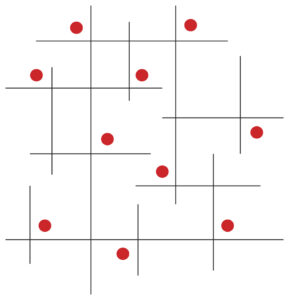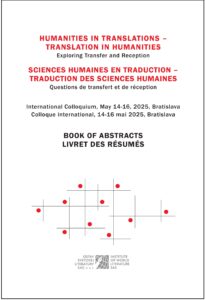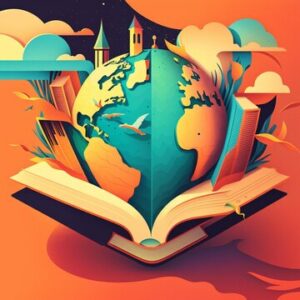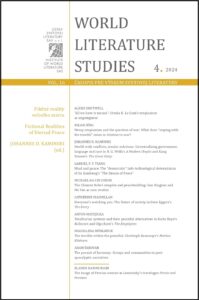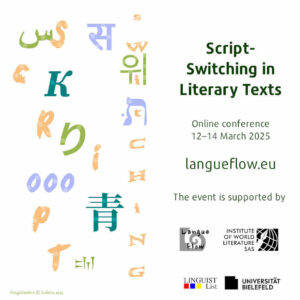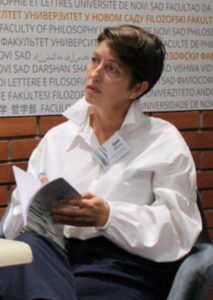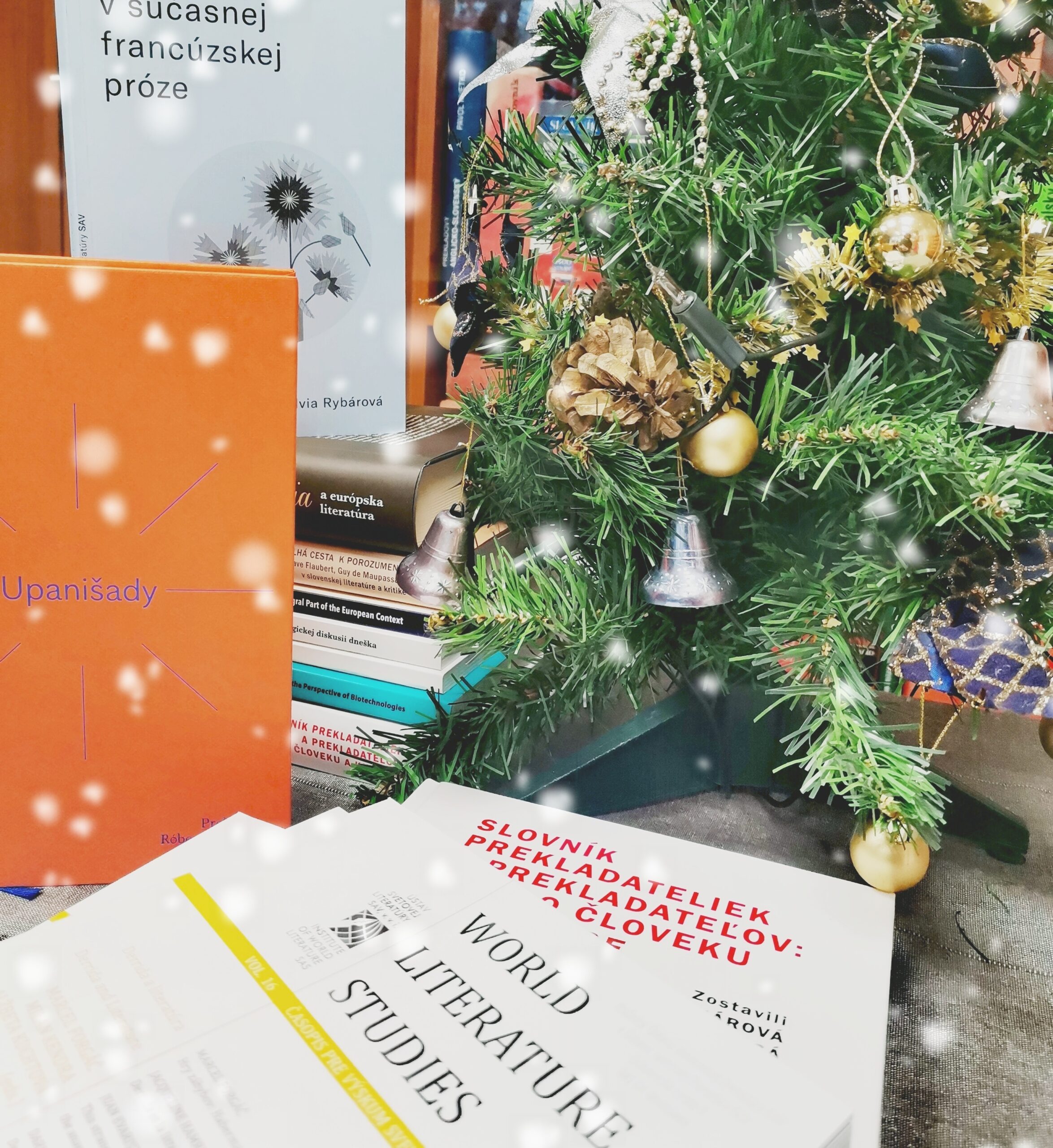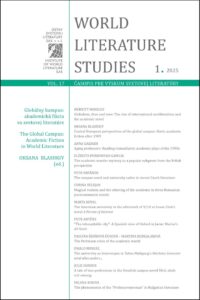 4 June (Wednesday) 2025 at 14:00 CET
4 June (Wednesday) 2025 at 14:00 CET
Institute of World Literature SAS + online, in English
Join Zoom Meeting:
https://us06web.zoom.us/j/83313789567?pwd=JMbTrF2RBfkH9Q8r1d3XTTHs1TT8LU.1
Meeting ID: 833 1378 9567
Passcode: 829229
In this journal issue, edited by Oksana Blashkiv, an international group of scholars searches for answers regarding the contemporary condition of the university and its representations in Anglophone and non-Anglophone campus fiction in its plurality and diversity. By bringing attention to campus fiction in Ukrainian, Swedish, Spanish, Slovak, Romanian, Polish, Czech, German, Bulgarian, and American literature, the issue sheds light on the global campus providing comparative global/transatlantic and national/local perspectives on the university and the ways it is perceived in different cultural contexts. Simultaneously, the authors delineate a series of idiosyncratic characteristics of the campus/academic novel within a specific national literary tradition, while drawing parallels with the best-known case, the Anglo-American genre. Their articles highlight the diversity of campus fiction, thus widening the discussion about the global campus and enriching it with the topics of national/local history and cultural memory, distinctive perspectives on multilingualism and hybrid identities, and above all, the past and present of the university that defines its future.
The event will be moderated by the issue’s editor Oksana Blashkiv.
The full content of the issue with links to the individual texts can be found HERE.
